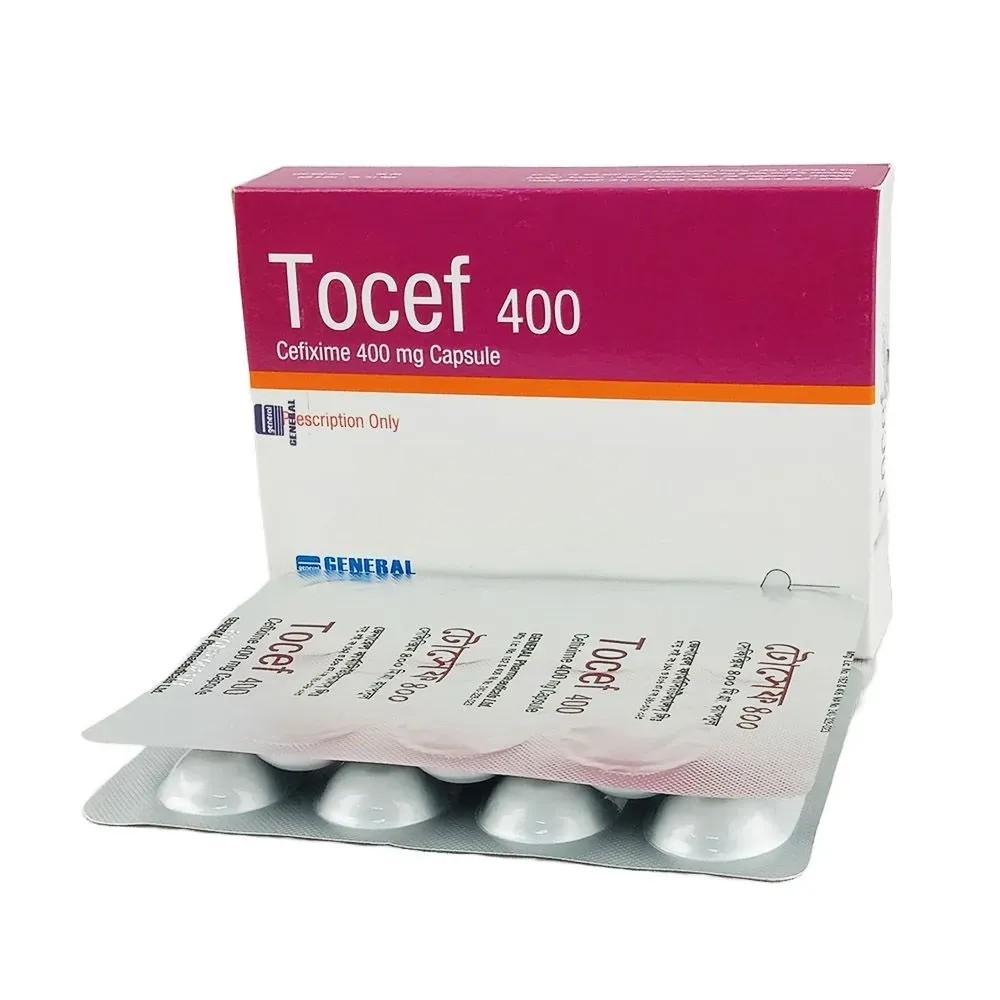

Ben-A Chewable Tablet, Albendazole 400 mg
Inhouse product
-
৳11.40
৳12.00 -
৳42.75
৳45.00 -
৳16.63
৳17.50 -
৳2.14
৳2.25
Reviews & Ratings
Indications
Ben-A is indicated in
single and mixed infestations of-
- Hookworm (Ancylostoma, Necator)
- Roundworm (Ascaris)
- Threadworm (Enterobius)
- Whipworm (Trichuris)
- Strongyloides
- Tapeworm
- Opisthorchi
- Hydatid.
* রেজিস্টার্ড চিকিৎসকের পরামর্শ মোতাবেক ঔষধ সেবন করুন'
Description
Ben-A is a
benzimidazole anthelmintic, active against most nematodes and some cestodes. It
is used in the treatment of intestinal nematode infections and in higher doses
in the treatment of hydatid disease. Ben-A exhibits vermicidal, ovicidal, and
larvicidal activity. The principal mode of action of Ben-A is its inhibitory
effect on tubulin polymerization, which results in the loss of cytoplasmic
microtubules.
Pharmacology
Albendazole is a broad
spectrum anthelmintic. Albendazole exhibits vermicidal, ovicidal and larvicidal
activities. The drug is thought to exert its anthelmintic effect by blocking
glucose uptake in the susceptible helminths, thereby depleting the energy level
until it becomes inadequate for survival. Immobilization is followed by the
parasite. These events may be a consequence of the binding and subsequent
inhibition of parasite tubulin polymerization by Albendazole and its
metabolites, although the drug also binds to human tubulin. Albendazole is
extensively metabolized, probably in the liver. Albendazole is poorly absorbed
from the gastrointestinal tract but rapidly undergoes extensive first-pass
metabolism. The principal metabolite albendazole sulphoxide has anthelmintic
activity and a plasma half-life of about 8.5 hrs. It is excreted in the urine
together with other metabolites.
Dosage &
Administration
Adults
& children over 2 years:
- 400 mg (1 tablet or 10 ml
suspension) as a single dose in cases of Enterobius vermicularis,
Trichuris trichiura, Ascaris lumbricoides, Ancylostoma duodenale and
Necator americanus.
- In cases of strongyloidiasis or
taeniasis, 400 mg (1 tablet or 10 ml suspension) daily should be given for
3 consecutive days. If the patient is not cured on follow-up after three
weeks, a second course of treatment is indicated.
Children
of 1-2 years: Recommended dose is
a single dose of 200 mg (5 ml suspension).
Children under 1 year: Not recommended.
In Hydatid disease
(Echinococcosis):
- Albendazole is given by mouth
with meals in a dose of 400 mg twice daily for 28 days for patients
weighing over 60 kg.
- A dose of 15 mg/kg body weight
daily in two divided doses (to a maximum total daily dose of 800 mg) is
used for patients weighing less than 60 kg.
- For cystic echinococcosis, the
28 days course may be repeated after 14 days without treatment, to a total
of 3 treatment cycles.
- For alveolar echinococcosis,
cycles of 28 days of treatment followed by 14 days without treatment, may
need to continue for months or years.
- In giardiasis, 400 mg (1 tablet
or 10 ml suspension) once daily for five days is used.
* রেজিস্টার্ড চিকিৎসকের পরামর্শ মোতাবেক ঔষধ সেবন করুন'
Interaction
No interaction
involving Ben-A, either pharmacodynamic or pharmacokinetic, has been reported.
Contraindications
Neonates: Albendazole is not normally used in
neonates.
Children: Reduction of the dose from 400 mg to 200 mg
may be indicated in children weighing less than 10 kg but there are no grounds
for a general reduction in dosage to children.
Pregnant woman: Albendazole should not be given during
pregnancy or women thought to be pregnant. No information is available on
placental transfer.
Concurrent disease: There is no evidence to suggest that dose
should be altered in renal, hepatic or cardiac failure.
Side Effects
Gastrointestinal
disturbances, headache, dizziness, changes in liver enzymes, rarely reversible
alopecia; rash, fever, blood disorders including leucopenia and pancytopenia
reported; allergic shock if cyst leakage; convulsion and meningism in cerebral
disease.
Pregnancy &
Lactation
US FDA Pregnancy
category of Albendazole is C. So, Albendazole should be avoided in pregnancy
and lactation unless the potential benefits to the other outweigh the possible
risks to the fetus.
Precautions &
Warnings
Blood counts and liver
function tests before treatment and twice during each cycle; breastfeeding;
exclude pregnancy before starting treatment. Ben-A should only be used in the
treatment of Echinococcosis if there is constant medical supervision with
regular monitoring of serum-transaminase concentrations and of leucocyte and
platelet counts
Therapeutic Class
Anthelmintic
Storage Conditions
Keep in a dry place,
away from light and heat. Keep out of the reach of children.
Frequently Bought Products
Axita Tablet, Itraconazole 200 mg
Tocef Capsule, Cefixime Trihydrate 400 mg
Product Queries (0)
Login Or Registerto submit your questions to seller
Other Questions
No none asked to seller yet
-
৳11.40
৳12.00 -
৳42.75
৳45.00 -
৳16.63
৳17.50 -
৳2.14
৳2.25
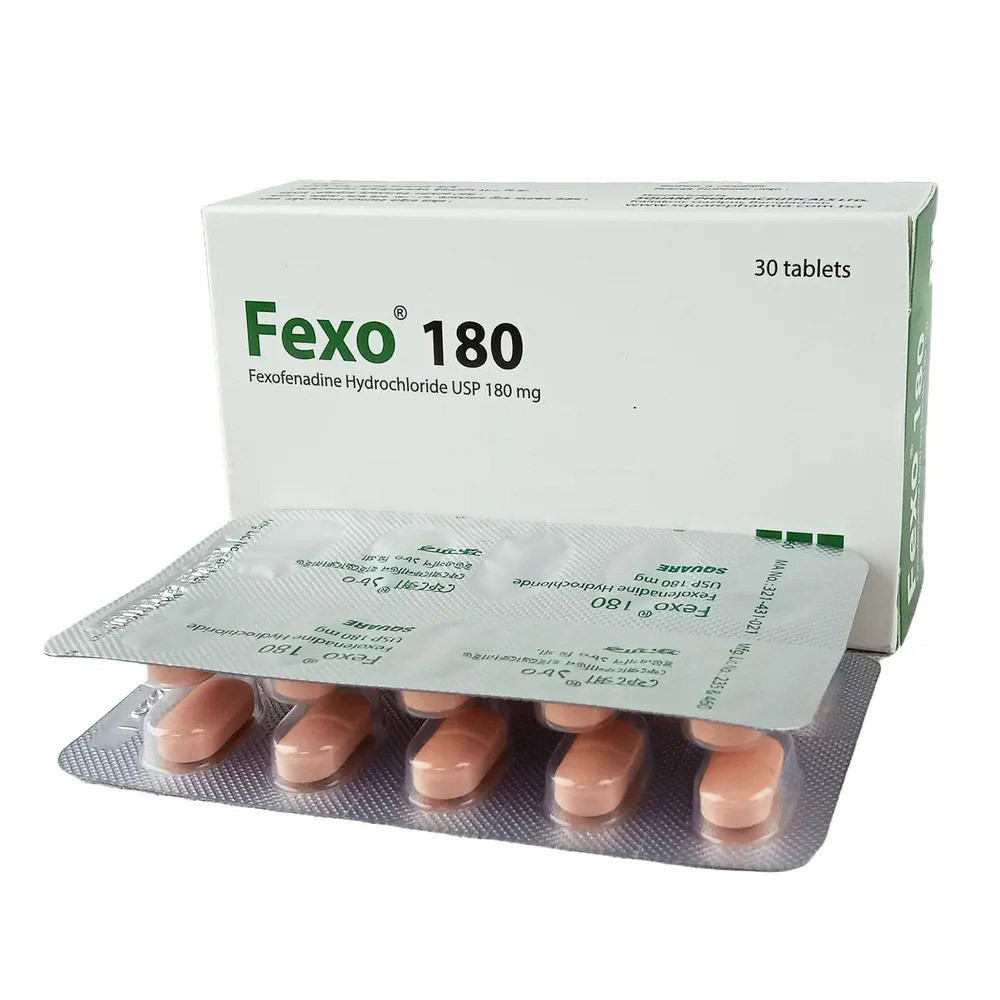



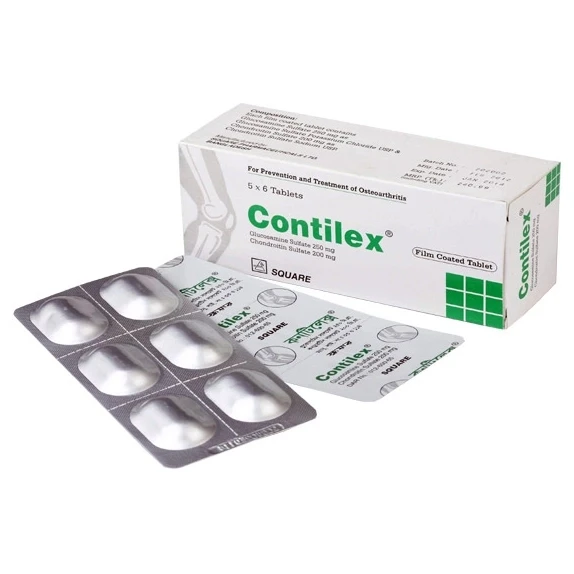
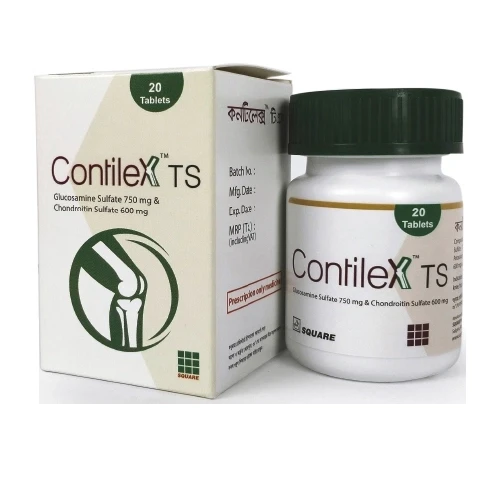

![Super Gold (30pcsTablet), Multivitamin & Multimineral [A-Z gold preparation]](https://www.skpharma.com.bd/public/uploads/all/BrSGQIjvARsnjQdPCqB2913nkREPsXIwJcrLfPjV.jpg)

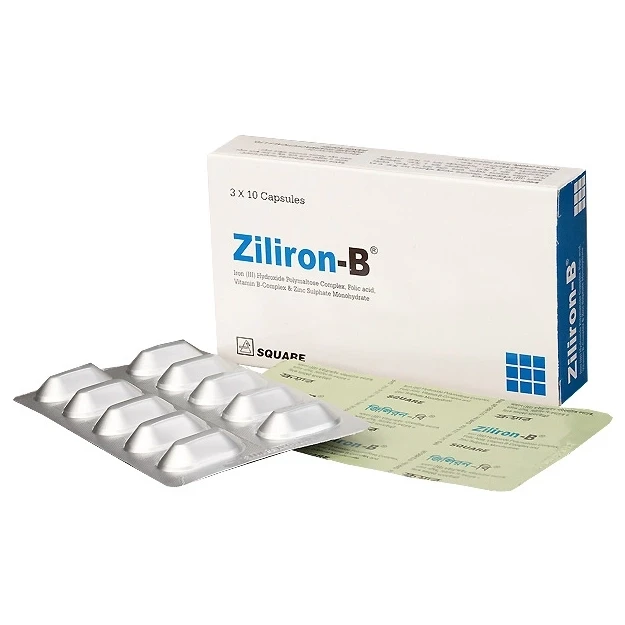
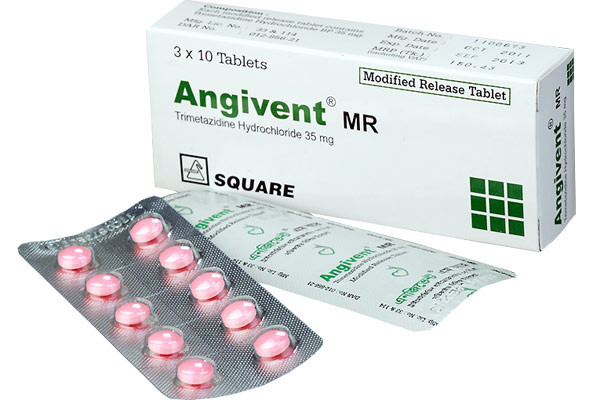


![D-Balance Capsule, Cholecalciferol [Vitamin D3] 2000 IU](https://www.skpharma.com.bd/public/uploads/all/3x6YHl9LSR4tjKjN44zeqqhgtAmJ6lY36GQHGMBv.webp)

